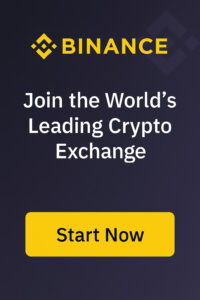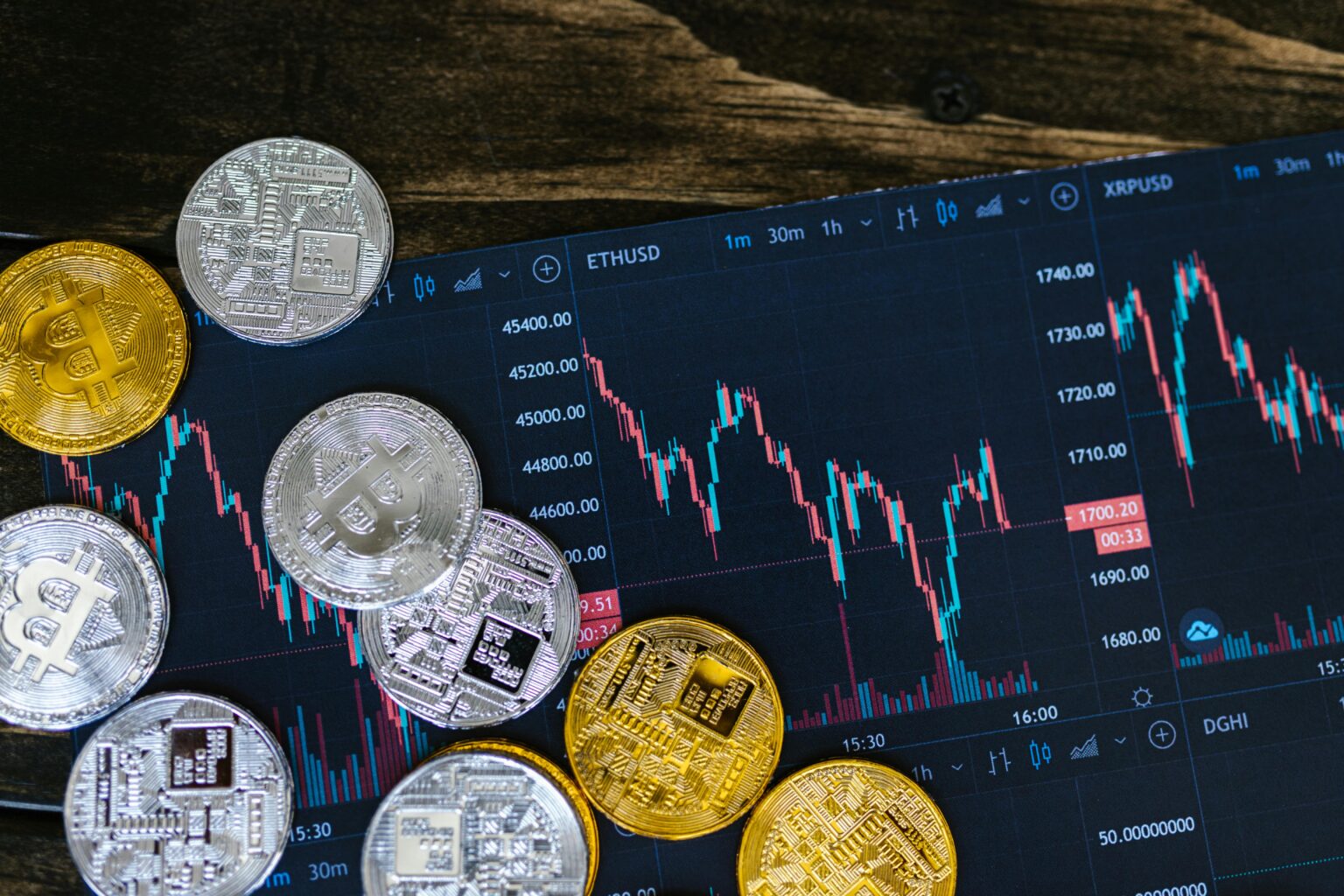In a market driven by influencers, anonymous devs, and YouTube thumbnails screaming “100x!”, the ability to research a crypto project effectively is your best edge.
This guide walks you through how to perform real due diligence (DYOR), avoid common traps, and make smarter decisions — without needing a PhD in blockchain.
1. Start With the Big Picture: What Problem Does It Solve?
Ask yourself:
- What real-world or on-chain need does this project address?
- Is this a new market or an improvement over an existing one?
If you can’t explain it in one sentence, skip it. Real innovation is often simple.
2. Read the Docs (No, Really)
Every project worth its salt has a whitepaper, GitBook, or technical documentation.
Look for:
- Tokenomics and distribution
- Use cases and revenue model
- Roadmap and team vision
- Links to GitHub or open development
Red flag: If the only “whitepaper” is a PDF full of buzzwords, run.
3. Check the Team — or Lack Thereof
Transparency matters. Research:
- Is the team doxxed?
- What’s their track record in crypto or tech?
- Have they launched or exited other projects?
Some anonymous founders are legit — but combined with other risks, anonymity increases danger.
Use tools like Crunchbase, LinkedIn, or even old Twitter threads to verify claims.
4. Tokenomics: Who Really Gets Paid?
Key questions to ask:
- What % of the token supply is held by insiders or VCs?
- Is there a vesting schedule?
- Are the emissions sustainable?
A great idea with broken tokenomics = exit liquidity for early investors.
Look for fair launch models or protocols with clear, long-term incentive alignment.
5. Ecosystem and Community Signal
Strong projects usually show:
- Active GitHub commits
- Organic Twitter & Discord growth
- Independent integrations (e.g., used in other dApps)
Avoid:
- Fake engagement (airdrop bots, giveaway spam)
- Discords that ban for asking questions
- Paid shill campaigns or overhyped influencers
Genuine community > paid hype.
6. Security, Audits, and Upgrades
Especially for DeFi projects:
- Is the smart contract audited? By who?
- Is the code open source?
- Has it been forked (and why)?
- Are upgrade rights centralized?
Use services like DeFiSafety, CertiK, or RugDoc to sanity-check your findings.
Related Reads from The Coin Vibe
DYOR Tools That Actually Help
- Token terminals: token.unlocks.app / CoinGecko / Messari
- Smart contract explorers: Etherscan / DeFiLlama
- Wallet segmentation: Use Ledger to isolate research wallets
- Early market access: Trade safer and smarter on Binance
Final Tip
Don’t try to research 50 projects a week. Pick one. Dig deep. Ignore the noise.
The best edge in crypto isn’t speed—it’s clarity.



